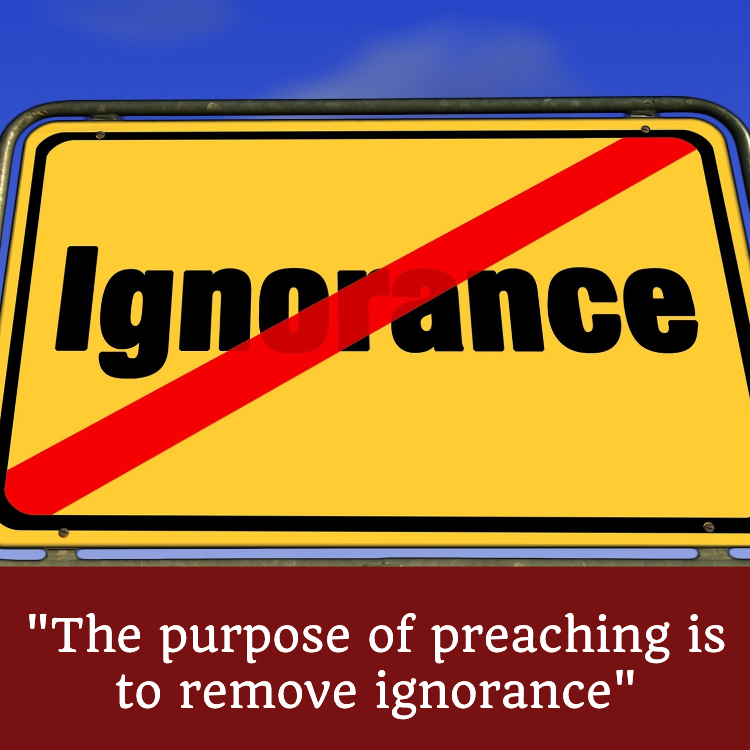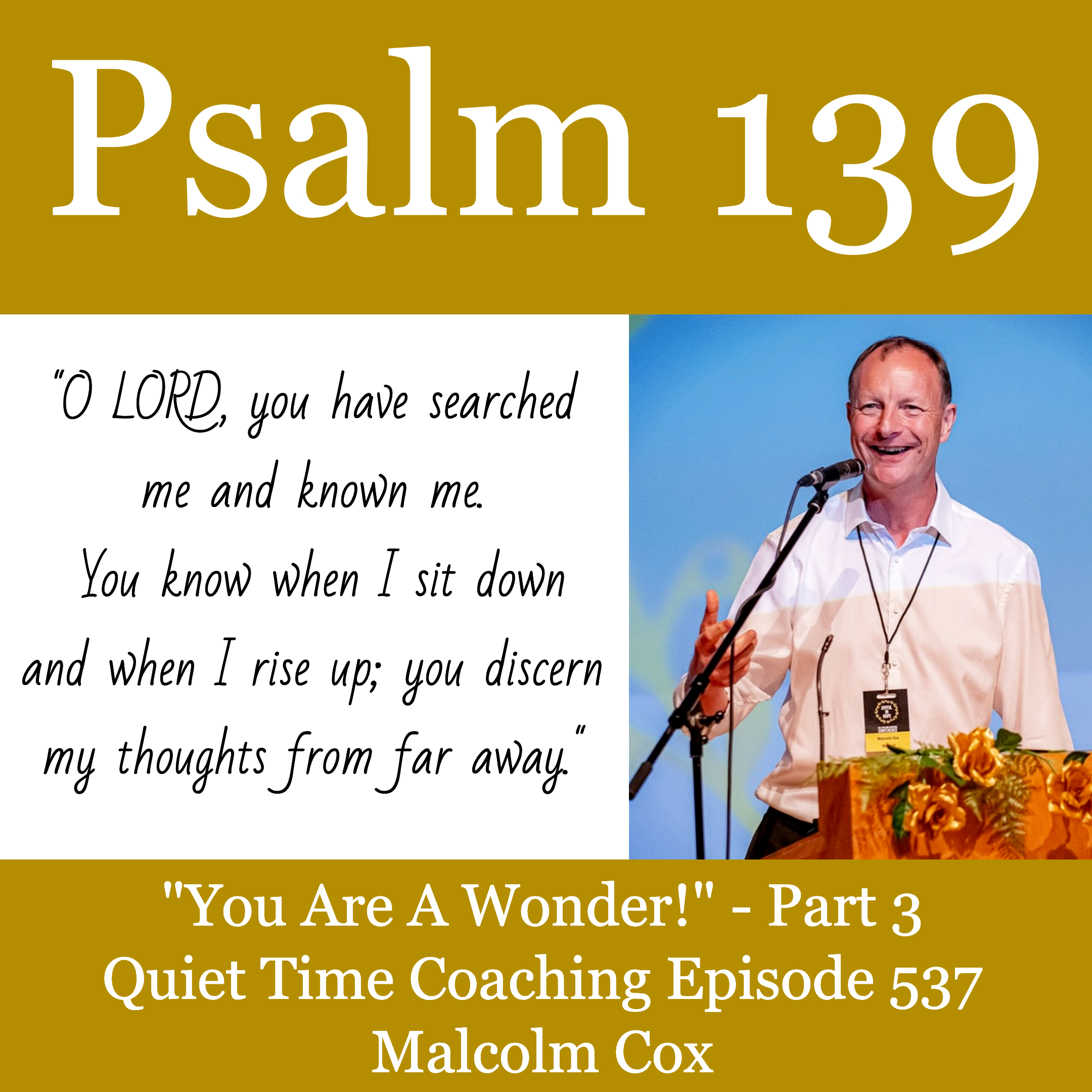Tuesday Teaching Tips, Episode 185
I’m reading “Preaching and Preachers” by D. Martyn Lloyd-Jones.
In the second chapter he makes the claim that preaching’s aim is to replace ignorance with knowledge. How does that fit with your view of preaching’s purpose? I include teaching with preaching in this regard.
Let’s examine this topic today.
It’s undoubtedly the case that humankind’s preeminent problem is ignorance. Ignorance of our spiritual state, of the love of God, of the purpose of the cross, of the power of the resurrection, of how to be ‘born again’, and much more.
Paul reminded Timothy that’s God wants, “all people to be saved and to come to a knowledge of the truth.” (1 Timothy 2:4 NIV11)
That same Paul spoke to Gentiles about their ignorance when he proclaimed, “you are ignorant of the very thing you worship—and this is what I am going to proclaim to you.” (Acts 17:23 NIV11)
Commenting on this pattern, Lloyd-Jones writes this,
“If this is the greatest need of man, if his ultimate need is something that arises out of this ignorance of his which, in turn, is the result of rebellion against God, well then, what he needs first and foremost is to be told about this, to be told the truth about himself, and to be told in the only way in which this can be dealt with. So I assert that it is the peculiar task of the church, and of the preacher, to make all this known.” p28-29
Now, we could go on to question what ‘preaching’ is in its substance, and the mode in which such preaching might be delivered. However, what I would like to focus on today is the level to which we are conscious of adding knowledge and removing ignorance when we preach and teach.
It seems to me not uncommon that many of us preachers and teachers think about what we are trying to add, what we are trying to explain, what we are trying to increase in our hearers. But, are we thinking about the issues about which they might be ignorant? Might this frame differently the way we think about preparing what we are going to say?
There are several barriers to addressing ignorance.
- The modern distrust of the so-called ‘expert’.
- The fear many of us speakers have of coming across as if we are somehow superior to our audience.
- The fear of sounding or even of being unintentionally condemning of those who are ignorant of a truth
Perhaps there are more barriers. What do you think?
How do we address ignorance without becoming obnoxious? Let me suggest three steps:
- Pick a relevant area of ignorance. The scriptures have so much in them about which I am ignorant. However, not all of the knowledge is relevant right now. Just because you or I have an excitement about some knowledge we’ve uncovered, does not necessarily mean we should convey it to our congregation. Pick something that’s meaningful and helpful to your group.
- Apply it to yourself first. If your ignorance has been exposed and illuminated, live it before you preach it.
- Be more positive about the knowledge than negative about the ignorance. The point of preaching is not to condemn, but to offer light, life and hope.
My most recent sermon was for the Watford church of Christ. It’s title: “Should Christians be involved in politics?” Part of the reason for picking this topic is my conviction that we do not practice the instruction of Paul adequately, “I urge, then, first of all, that petitions, prayers, intercession and thanksgiving be made for all people— for kings and all those in authority, that we may live peaceful and quiet lives in all godliness and holiness.” (1 Timothy 2:1–2 NIV11)
I see more people (Christian people) moaning about politicians on social media than praying for them. My hope was to remove the ignorance of the significance of praying for people in authority. The approach I took was not to rebuke everyone, nor judge this particular group, but to add knowledge and take away ignorance through addressing the issue of politics and Christianity more broadly.
Whether I succeeded or not is up for assessment, but I am confident that I and the congregation are now less ignorant about the biblical perspective on politics, and better equipped to practice Paul’s instructions.
As you look at your next text or topic, how about thinking not only about what you are going to say positively, but also which areas of ignorance you’re going to be uncovering?
What I’d like to know today is, “How do you preach and teach to remove ignorance without coming across condescending and like a know-it-all?”
Please add your comments on this week’s topic. We learn best when we learn in community.
Do you have a question about teaching the Bible? Is it theological, technical, practical? Send me your questions or suggestions. Here’s the email: malcolm@malcolmcox.org.
If you’d like a copy of my free eBook on spiritual disciplines, “How God grows His people”, sign up at my website: http://www.malcolmcox.org.
Please pass the link on, subscribe, leave a review.
“Worship the LORD with gladness; come before him with joyful songs.” (Psalms 100:2 NIV11)
God bless, Malcolm
PS: You might also be interested in my book: “An elephant’s swimming pool”, a devotional look at the Gospel of John


